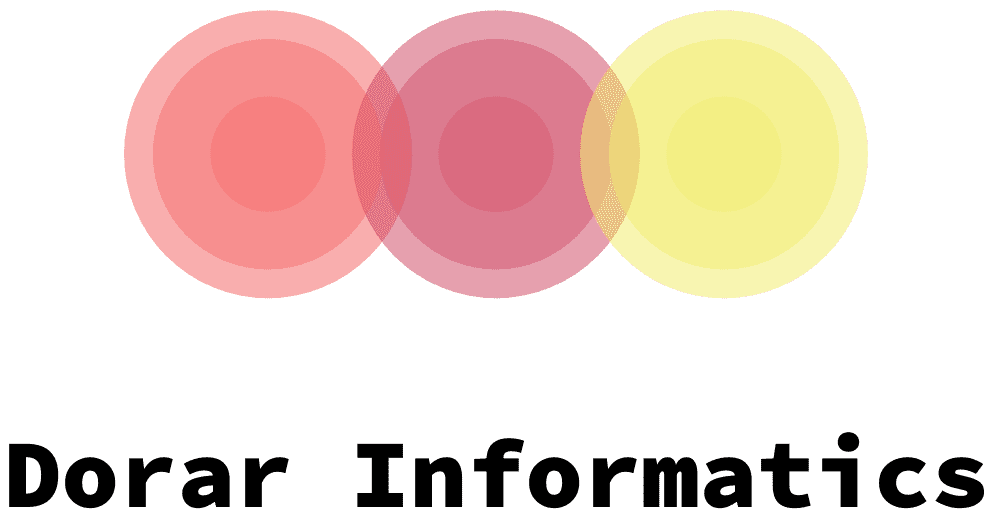Whether you’re looking to purchase a home or refinance an existing home, a mortgage comparison can help you find the best loan to meet your needs. Before you get started, you’ll need to consider things like points and credits, and evaluate the loan’s terms. Then you’ll need to calculate the monthly payments and find a lender.
Calculate monthly payment
Using a mortgage calculator is an easy way to determine what you will be paying on your home loan every month. The mortgage calculator allows you to include your down payment, insurance, taxes, and interest rate. You can also enter the length of the loan to get an idea of how much you will be paying each month. The results will update automatically as you input new information. The calculator also gives you a pie chart to help visualize what your costs will be.
The calculator will also break down the principal and interest payments for each monthly payment. This process is called amortization. Amortization involves paying more towards interest on early loan installments, which results in a gradual shift toward more principal.
The calculator also includes a payment summary tab and an amortization schedule tab. The payment summary tab shows the total monthly payment and the total loan payments. The amortization schedule tab shows the breakdown of the principal and interest on each monthly payment.
Depending on your credit score, the interest rate may be higher or lower. Generally, a borrower with poor credit will pay a higher interest rate than a borrower with good credit. The longer the loan, the higher the interest rate. Also, if you are not paying off the mortgage in full by the end of the loan, you will have to pay higher mortgage insurance premiums. These premiums are calculated as a percentage of the total home value.
When you are comparing mortgage rates, you should keep in mind the cost of mortgage insurance and HOA fees. These fees will be paid separately from your monthly mortgage payment. In addition, homeowners associations typically have fees for road maintenance, security patrols, sports facilities, and community clubhouses. These fees should also be included in your mortgage payment calculation.
Mortgage calculators can also help you decide what price range you should consider when looking for a home. You can use the calculator to compare several mortgage rates and find out which one is best for you. The calculator will also include information about a real estate agent, insurance, and taxes.
Consider points and credits
Purchasing points and credits for your mortgage is an option for lowering the cost of your loan. However, you should consider whether it is a good idea for you. The decision is based on your own financial situation, the length of time you plan to own the home, and the overall cost of your loan.
If you are planning to keep the home for a long time, you may find paying for points to be more beneficial. You may also save money on interest if you pay an upfront fee for discount points. If you are considering refinancing, you may want to consider points and credits.
While points are useful in lowering the interest rate, lender credits are useful in lowering closing costs. Points are generally calculated as a percentage of the loan amount. The rate you get with points will be lower than the rate you get with a lender credit. The higher your interest rate, the more lender credits you will need. Lender credits also reduce the amount of cash you will need at closing. You should compare rates from multiple lenders to find the best lender credit rate.
Some lenders advertise low rates without emphasizing the fees associated with these rates. When comparing points and credits, look for an online calculator that will help you determine which is more beneficial. You should also ask the lender for the total interest you will be paying over the life of the loan. This will help you determine the break even point.
If you do not plan to own the home for more than six years, then you may not want to purchase points. Lender credits, on the other hand, are more beneficial for people who plan to own the home for a short time. If you have bad credit, you may not benefit from purchasing points. Likewise, if you have kids, you may not want to purchase points. The cost of points is greater than the savings you will gain from using them.
It is important to compare points and credits when comparing mortgages. Lender credits can reduce the overall cost of your loan, but you must consider your financial situation and the length of time you plan to own the house.
Find a lender
Whether you’re a first-time homebuyer or you’re a seasoned real estate investor, finding a mortgage comparison lender is an important part of the homebuying process. You can save thousands of dollars by shopping around for the best mortgage rates and terms. Choosing the right lender can be a challenging task, but the right mortgage lender can make the difference between a successful and unsuccessful homebuying experience.
You can find a mortgage comparison lender by searching online or speaking with your real estate agent. You can also ask friends and family for recommendations. The CFPB recommends consulting with at least three lenders before deciding on one.
Once you’ve chosen a mortgage comparison lender, you’ll need to gather the necessary paperwork. Usually, this includes a loan estimate, a Lender Fees Worksheet, and a mortgage quote. These documents are standardized three-page forms that can be used to compare loan offers from various lenders.
Using the Lender Fees Worksheet, you can find out exactly how much you’ll be paying on your mortgage. You can also use the information to negotiate the lowest closing costs. Some lenders will offer you a lower interest rate in exchange for higher fees. If you have a savings account with a lot of money in it, you may be willing to pay higher closing costs in order to secure a lower monthly payment.
Before deciding on a lender, you should also check your credit. You may find that there are red flags in your credit history. If you do, you may need to pay a higher APR. In most cases, the best loan terms mean the lowest interest rate and closing costs.
Once you’ve selected a lender, you’ll need to choose the terms of your mortgage. You’ll also need to decide whether you want to use a mortgage broker or direct lender. Many banks offer better rates for business accounts and automatic payments. Whether you want a fixed or adjustable rate, you’ll need to select a mortgage lender that can meet your needs.
If you’re unsure about which mortgage lender to choose, you can ask a real estate agent, family, or friends for recommendations. You can also find ratings for lenders online. If you’re unsure about a lender’s reputation, check online reviews to see if other homebuyers had positive experiences with that lender.




